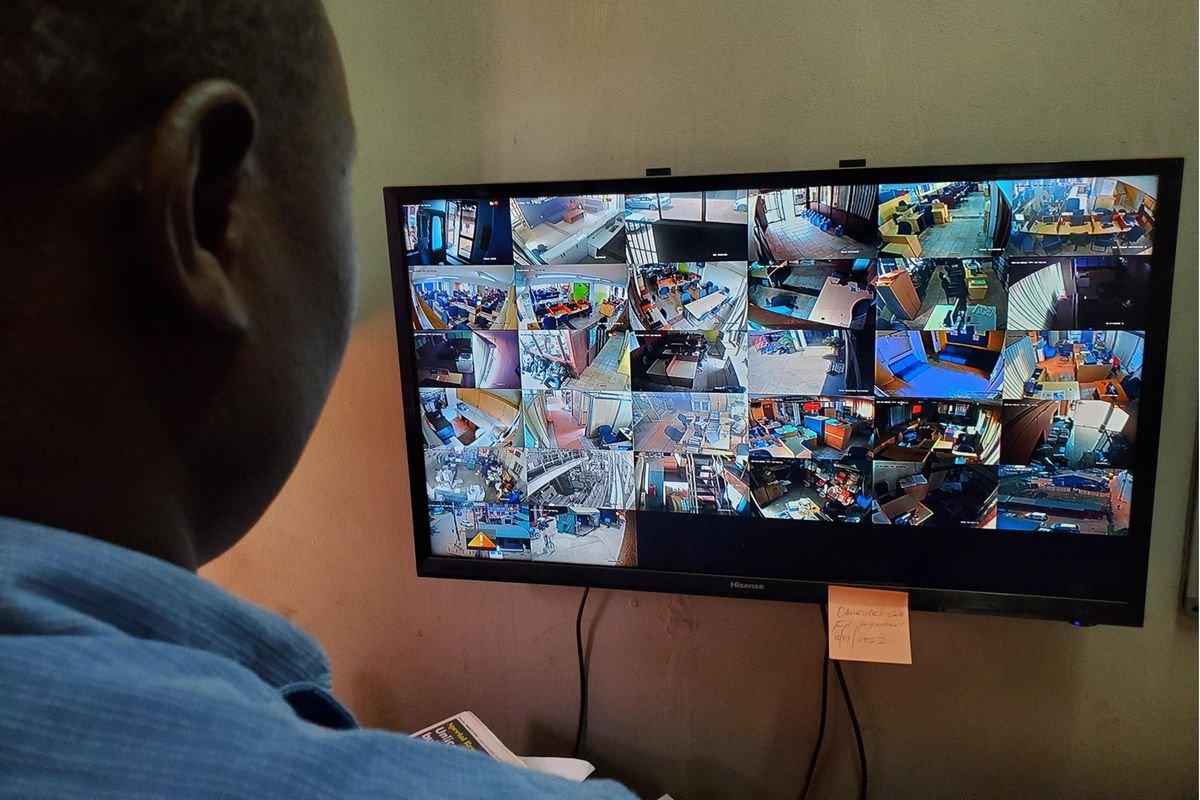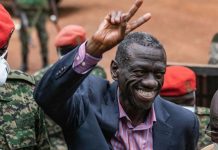Africa-Press – Uganda. Reports that an Israeli surveillance tech provider sold a system that will supposedly allow the Uganda Police Force gain unauthorised access to data in cell phones of dissidents come not as a shock but a troubling inevitability.
While acknowledging the system’s purchase from Cellebrite, the Police’s ICT Directorate moved to soothe frayed nerves by revealing that the technology is not currently in use.
Despite this assurance, or in fact because of it, Ugandans have good reason to fear for the worst. Such has been the government’s incurable fondness for high-tech snooping devices that its strands can be glimpsed in acts that installed secret operations like Fungua Macho.
Even the military-grade surveillance suite that is Pegasus was reportedly used by state-sponsored actors to try and hack into iPhones of part of the diplomatic corps last year. All of this means that Uganda offers not an object of emulation but a cautionary lesson on the perils of the relentlessness of surveillance. While surveillance is as old as humanity, the appallingly excessive means employed in Uganda in recent times threaten to roll back legal protections for privacy. We are mindful of the need to strike the right balance between our privacy and our expectation that the state will protect us. We are under no illusions about the difficulty of this balancing act.
The ever-growing threats such as terrorism and money laundering—to mention but two—are justifiable limitations to legal protections for privacy. It is, however, instructive to interrogate Article 43 of the Constitution on the enjoyments of freedoms and rights.
It, for one, frowns upon political persecution on the assumption that Uganda’s dispensation is for the most part, if not entirely, free and democratic. Unfortunately, the body of evidence in Uganda shows that Big Brotherism has primarily been used as a not-so-subtle tool to target regime critics. Civil liberties groups say these dissidents are targeted with what article 43 does not find permissible—political persecution, detention without trial, and everything in between. It is, they add, less to do with the threat to state security, and more about creating a culture of silence.
We struggle to make sense of this precarious new existence for dissidents. The urgency of the problem is, we strongly believe, obvious. By now it should be apparent that only a truly independent safeguard against Big Brotherism can produce public confidence. This should translate into the setting up of an oversight and complaints mechanism. This is especially the case since the legal and institutional framework within which the dangers of Big Brotherism must be managed is still unclear. The eagerness to explore the thinking behind the government’s latest strand of Big Brotherism should be informed by a security directive urging the collection of DNA and fingerprints.
This is especially the case with the new passports, national identity cards or IDs, and driving permits. The government has put forward cogent arguments for the “enhanced security features” on the respective official documents. Such arguments will win a mixed response from the public if the fears of using technology for manipulation are not allayed. If it needs to be spelled out, the more urgent danger is that the data collected could well be weaponised.
Already, the UFED-Cloud Analyser that is in the possession of the Uganda Police — courtesy Cellebrite — allows it to proceed with astonishing speed to extract a detainee’s data from online storage services . The threats of such intrusions—real or perceived—will leave the public bursting with indignation. The government ought to restore relations to their proper channels.
For More News And Analysis About Uganda Follow Africa-Press






